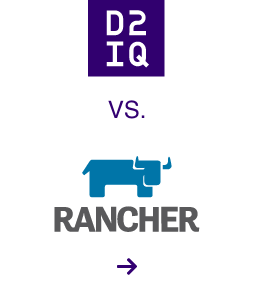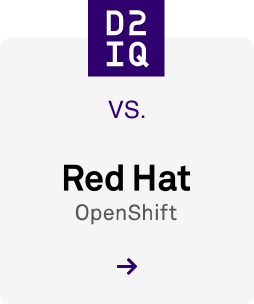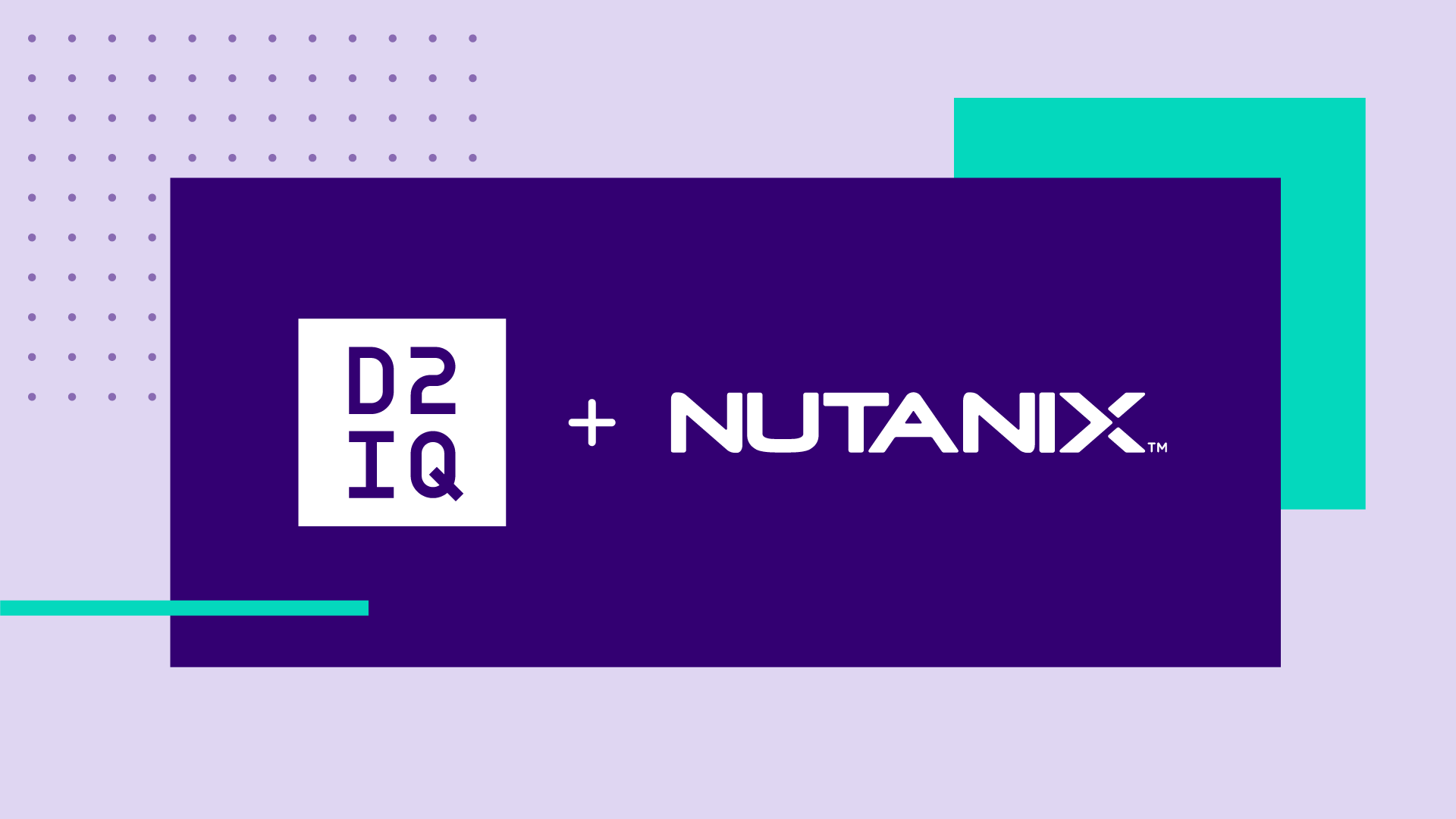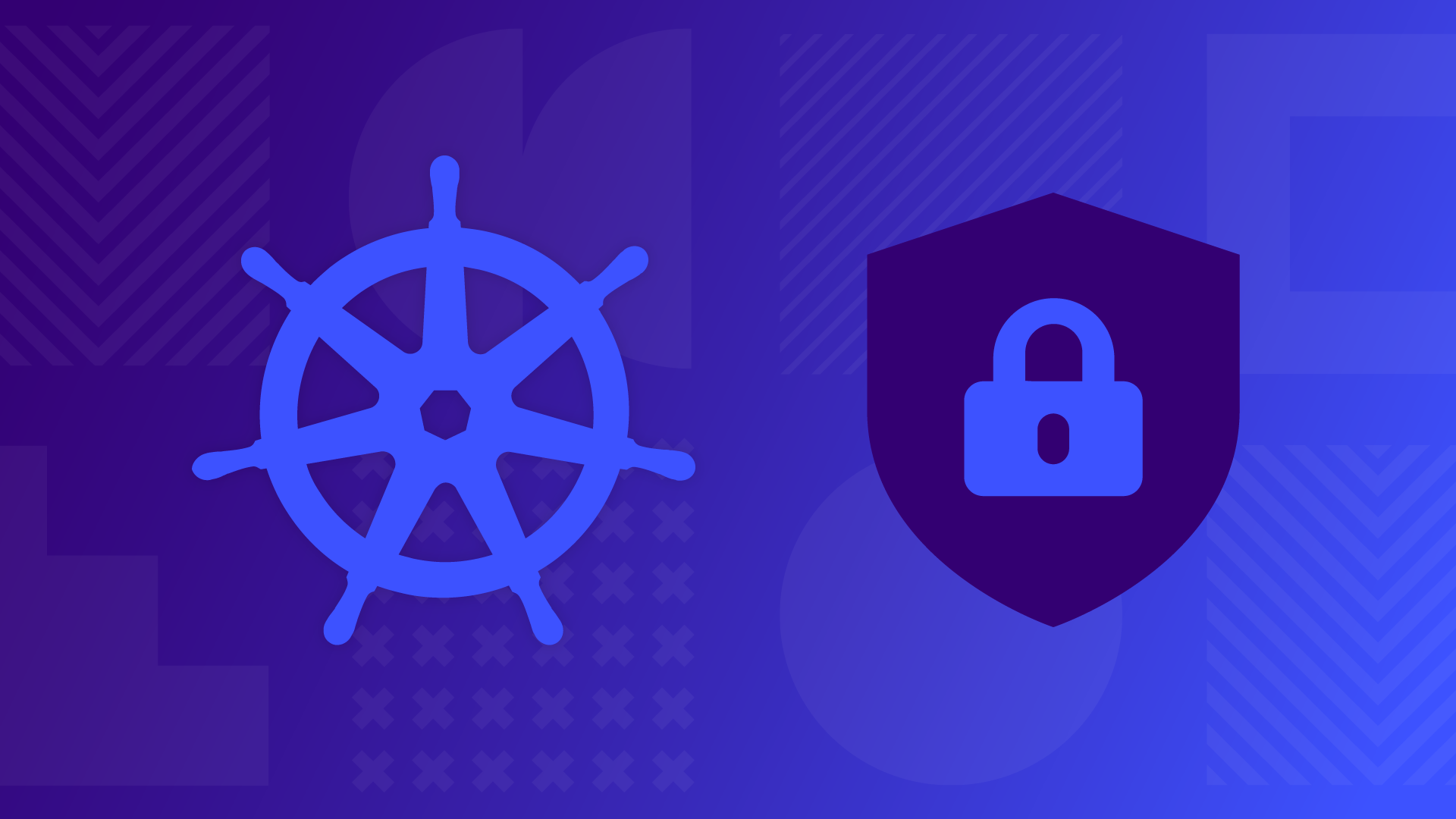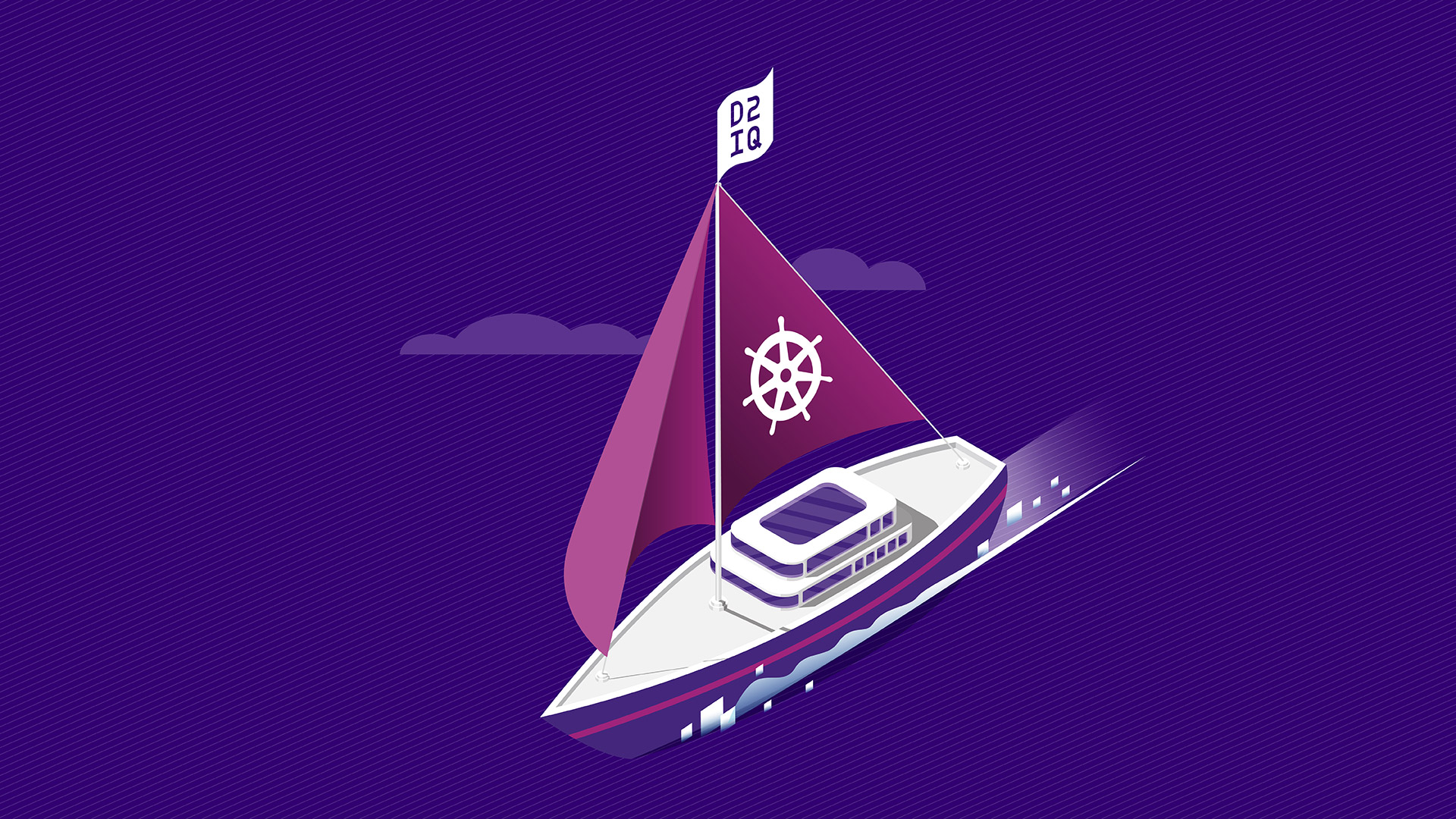
To win the battle against the sea of sprawl, you need a tested framework and a resilient solution that helps you “sail smart” from the beginning.
Developed to address the exploding demand of Kubernetes, D2iQ is uniquely positioned to help you leverage the best of what Kubernetes has to offer, while adding must-have, enterprise-grade capabilities your organization needs.
Our Kubernetes solution, Kommander, is designed for IT professionals or lines of business with a growing number of Kubernetes clusters and workloads that need to be centrally viewed, managed, and configured. With Kommander, your organization can deliver governance and centralized supervision over a wide expanse of Kuberentes resources, without interfering with the day-to-day business functions and requirements that different clusters support. So you can effectively monitor and manage sprawling, disparate clusters and ease the burden of an overworked IT crew.
Kommander is an enterprise-grade, CNCF-certified Kubernetes solution that provides governance and lifecycle management of disparate clusters and workloads. With Kommander, you can:
Track and monitor every ship at sea
Kommander provides a centralized dashboard for viewing and monitoring cluster health, operations, and activity for every cluster in an organization, whether on-premise or in the cloud, regardless of the Kubernetes distribution being used. With a single control plane, you can deep dive into the health of each cluster, collect insights, and correct course before an issue escalates, to deliver better resource utilization and save valuable time.
In addition to tracking and monitoring your fleet, you need to know where pods and critical resources are running and which versions of cloud-native software can be used within project efforts. Kommander’s capabilities for taints and tolerations ensures that pods are not scheduled onto inappropriate nodes or locations. And its centralized service catalog enables you to leverage a wide array of open source technologies within your Kubernetes environment, while governing each leg of the journey, from development to testing to production.
Put Operations on Cruise Control
As your organization expands its usage of Kubernetes, clusters will exist in different pockets with differing policies, roles, and configurations. This makes it incredibly challenging for crew members to perform their roles, manage individual logins, and understand who is doing what at any given time. Many Kubernetes journeys never leave the dock precisely for this reason — your crew is dragging your anchor with redundant work and effort.
Kommander delivers single sign-on and federated role-based policy across your organization’s clusters, making the process of logging in, delegating responsibilities, and tracking unnecessary activities a breeze.
Empowering your entire crew
Finding a balance between developer flexibility and IT control can be tough to navigate. Kommander’s role-based access control capabilities can empower division of labor across developers, operations, and a variety of roles within your organization.
With Kommander, your crew has a centralized process and management infrastructure for administering secrets to ensure greater management flexibility, easier administration, and less risk of critical items.
And by combining Kommander with a service mesh like Istio, developer and operations have a standardized way to discover, leverage, and deploy services, such as Kafka, Cassandra, and Spark, across clusters in multiple environments with push button ease.
When you meet the needs of both development and operational teams, you can quickly get to your destination without worrying about rocking the boat.
Managing a growing number of clusters and workloads may be challenging to navigate, but you don’t need to go at it alone. With D2iQ’s Kommander, you can contain cluster sprawl and keep your worries at asea.
To learn more about how you can use Kommander for your multi-cluster operations, download “Managing Kubernetes: From a Small Fleet to a Navy of Clusters.”


